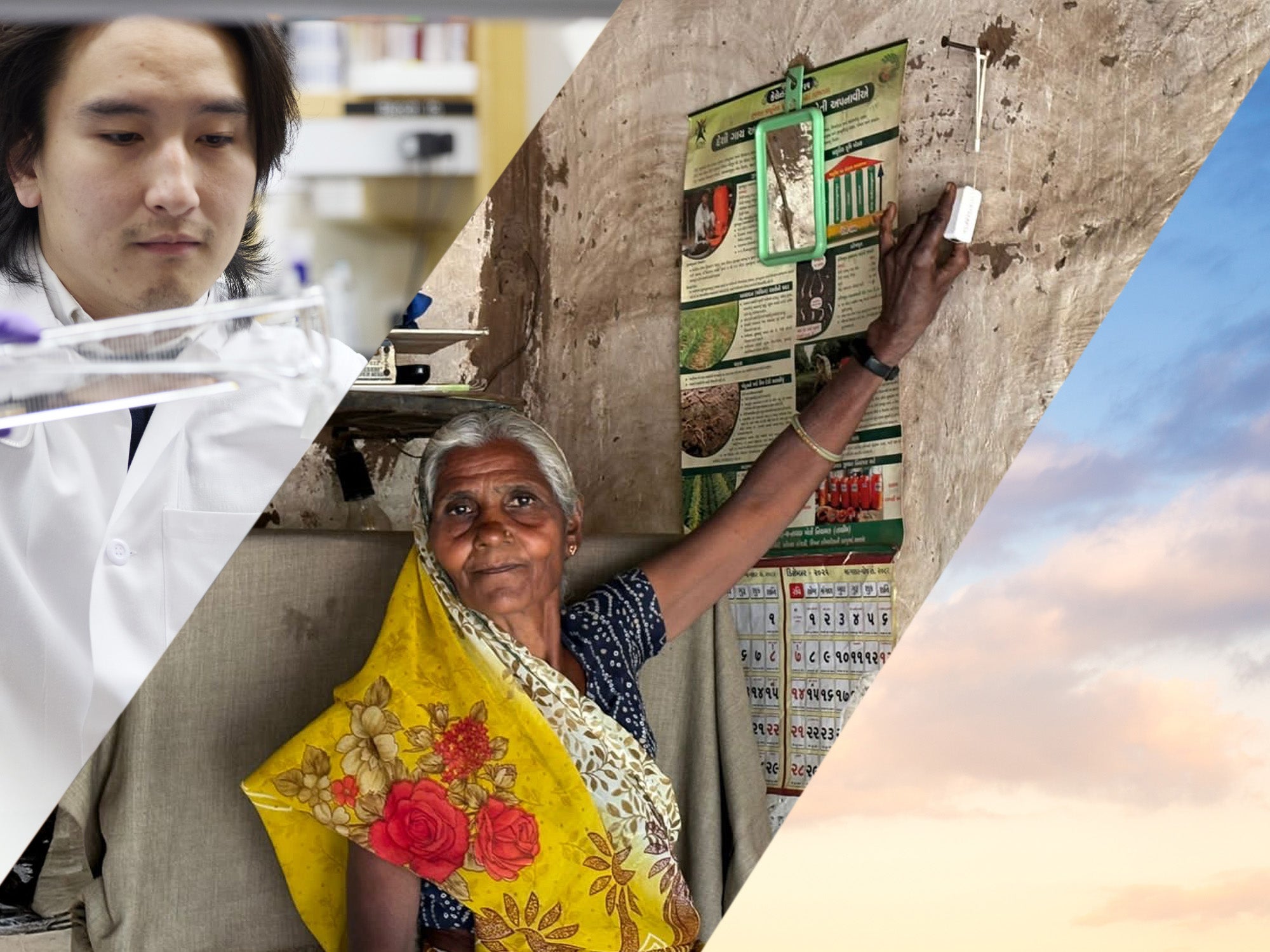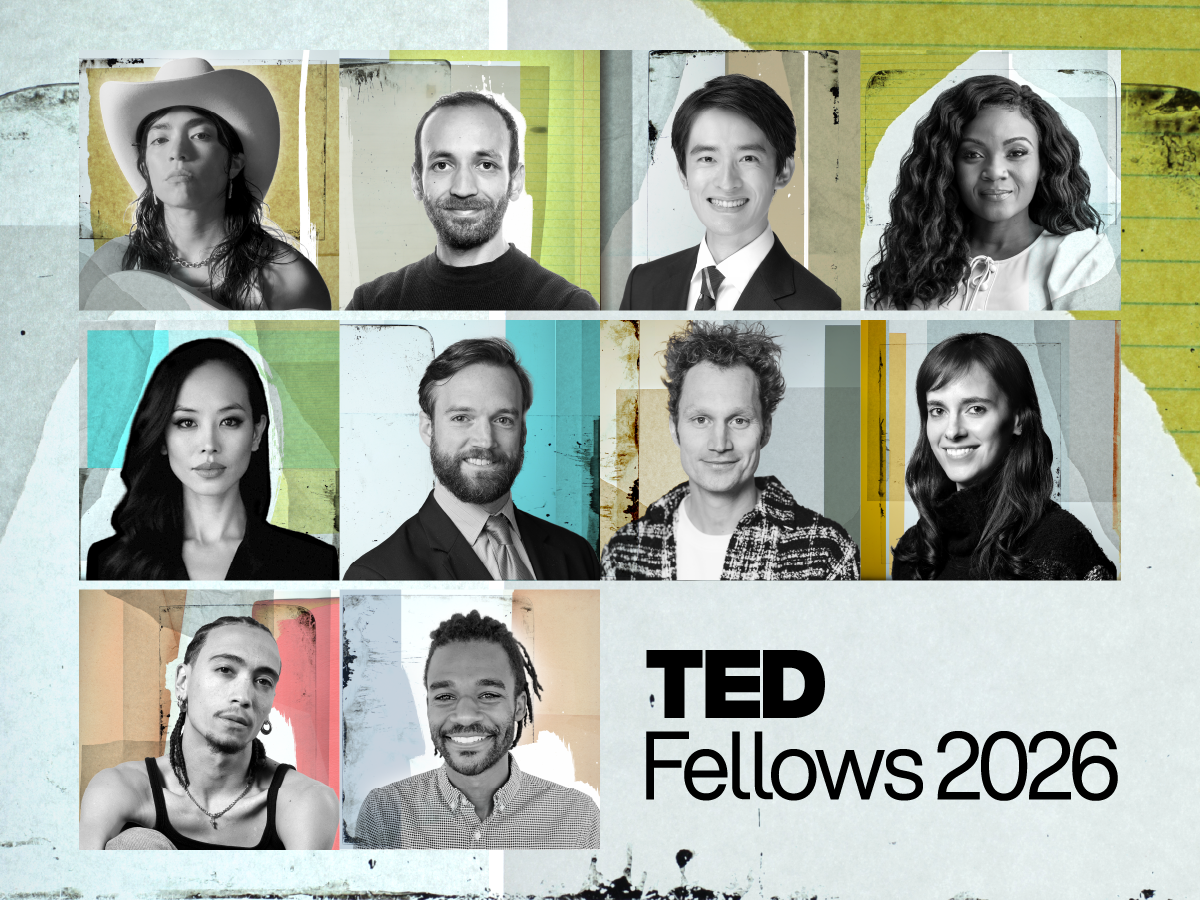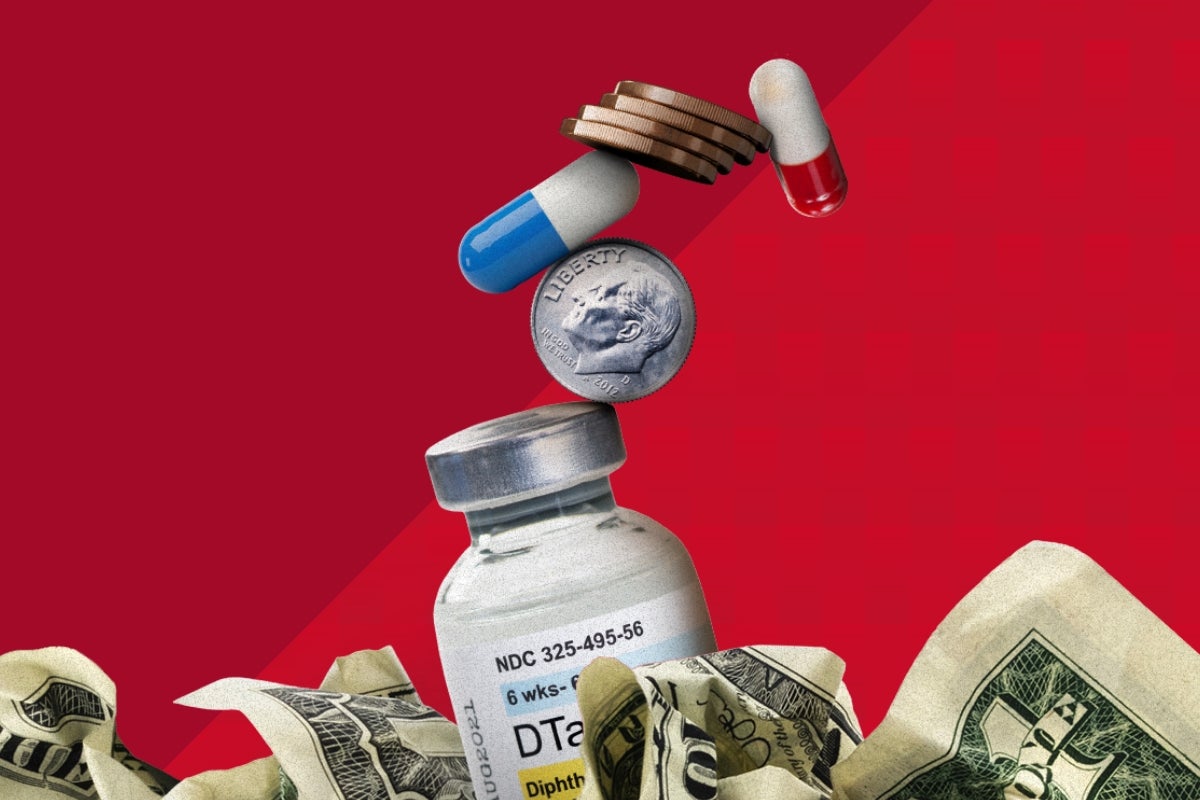Symposium marks naming gift anniversary, highlights ways ahead for public health
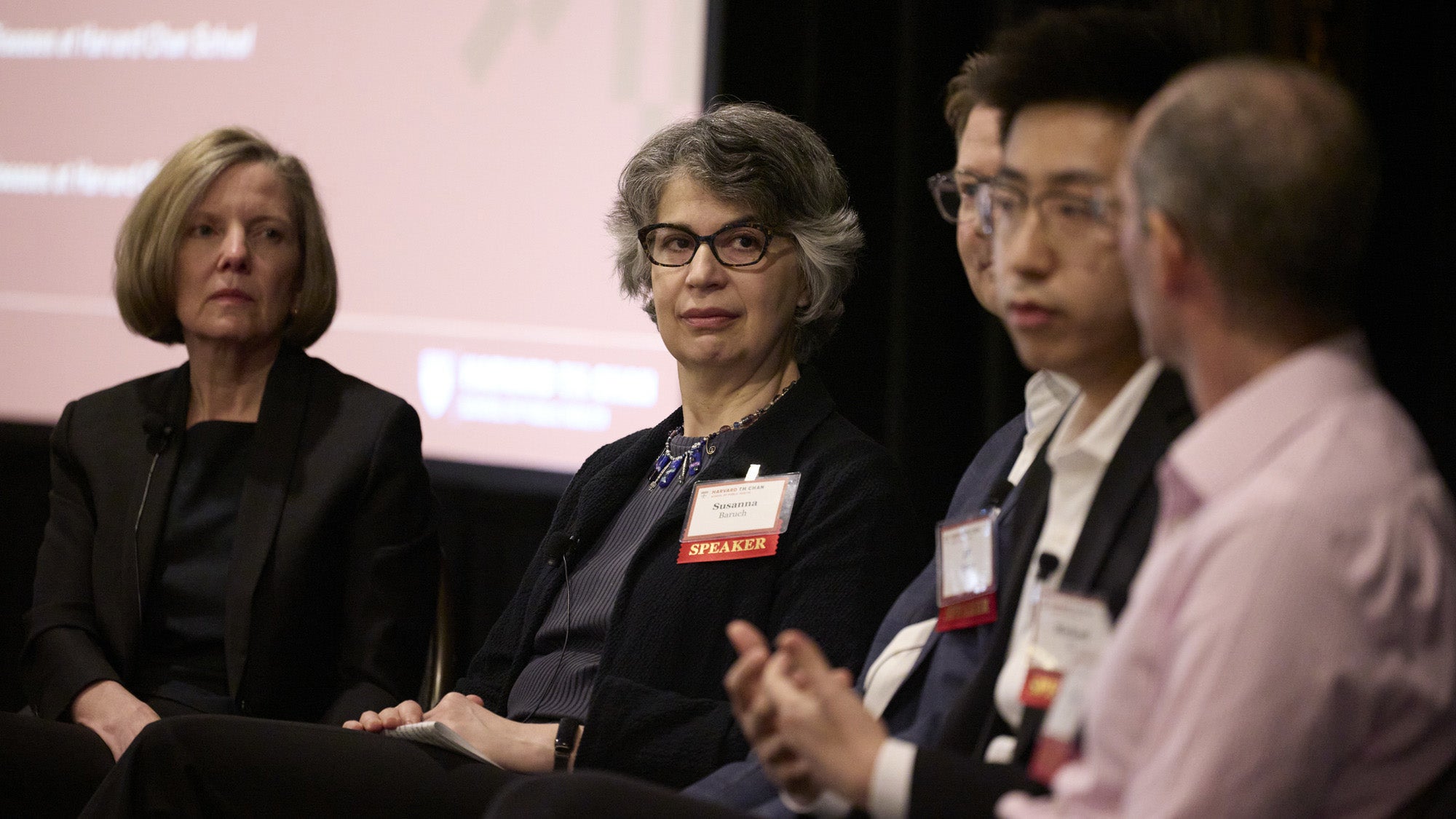
Faculty, alumni, and friends of Harvard T.H. Chan School of Public Health recently gathered with tech entrepreneurs and other business leaders for a day of discussions focused on the coming decade in public health. The April 29 symposium held at the Hilton Boston Park Plaza Hotel marked the 10th anniversary of the historic $350 million gift by the Chan family and its Morningside Foundation that renamed the School for Ronnie and Gerald Chan’s father, T.H. Chan.
Throughout the day, speakers addressed the significant challenges posed by cuts to federal research funding, distrust in science and the spread of misinformation, and high costs and inequity in the health care system. Looking ahead for the School and the larger field of public health, they explored solutions centered around leveraging new collaborations and emerging technologies and finding ways to share the story of the power of prevention.
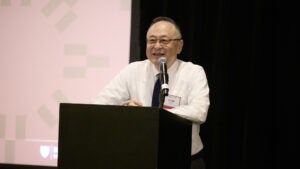
“Public health is no longer joined at the hip with medicine—rather, our nexus is very much with business, engineering, policies, politics, and social media,” said Gerald Chan, SM ’75, SD ’79, co-founder of Morningside Group, a privately held investment group. People are much less reliant on their doctors for health information, so public health practitioners need to find ways to reach them directly, he said. He called for academic researchers to foster relationships with industry and for the School to do more to prepare students to be innovators and problem solvers.
“Ultimately, our work will be measured by our impact on public health,” he said. “We need to rethink the tools that we equip our students with so that when they graduate and go out to the real world, they can deliver a positive impact.”
A School not ‘of’ public health but ‘for’ public health
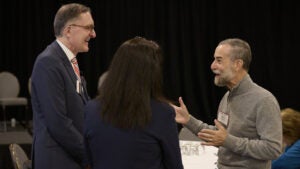
Dean Andrea Baccarelli moderated a panel on prevention and health, which is the focus of a collaboration developing between Harvard Chan School, Harvard Medical School, Harvard Business School, and Harvard John A. Paulson School of Engineering and Applied Sciences. Too much money is being spent on “disease care” without showing enough positive results, Baccarelli said. The hope is that through this collaboration, innovative new solutions can be developed to reorient the health care system toward helping to keep people from getting sick in the first place.
He said that he sees Harvard Chan School not as a school “of” public health but a school “for” public health and that academia can play an important role in advancing prevention.
Panelist Asaf Bitton, associate professor of health care policy in the Department of Health Policy and Management and executive director of Ariadne Labs agreed, noting that academia can bring together people with different areas of expertise to tackle big problems in public health—not just to make discoveries but to translate knowledge for the benefit of society.
But prevention is a harder sell to the public and funders than, say, a new disease treatment because it is often invisible, panelists said. “It is sort of like oxygen,” Bitton said—people only notice it when it drops too low, and health problems occur.
When it comes to influencing policy around prevention, Sara Bleich, professor of public health policy, called for researchers to develop sharper messages. She said that when she worked in government, she was surprised to learn that many policy decisions are not guided by science. However, she said that there are often windows of opportunity for easily digestible science-based messages from researchers to get through.
She cited the National Diabetes Prevention Program as an example of a successful prevention program that went from research to policy to widespread adoption and has been shown to lower health care costs.
The power of collaboration
Several examples of how researchers and industry can work together to support public health were shared in a panel led by Sarah Fortune, John LaPorte Given Professor of Immunology and Infectious Diseases. For example, Yonatan Grad, professor of immunology and infectious diseases, led a highly successful collaboration with the NBA to establish a COVID-19 testing and monitoring program during the 2020 season, which generated valuable data on viral dynamics.
Panelists called for stronger frameworks for facilitating sustainable partnerships between academia, industry, and the public health sector to maximize the potential of data and technology for public health. They also discussed business and ethical considerations around data sharing.
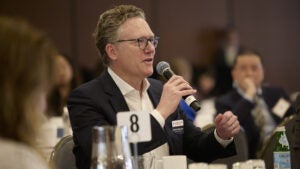
Additional panels brought together experts from across Harvard to discuss ways that artificial intelligence (AI) is already being used in health care and medicine—including automating administrative tasks, leveraging large datasets and language models to identify potential diagnoses, and accelerating drug development by predicting safety and efficacy.
The audience also heard from panelists who are using AI to improve the effectiveness of mental health treatment, detect cognitive impairment, and to enable multilingual communication between patients who speak limited English and their health care providers.
Public health researchers across the field have a role to play in AI research and application, said panelist Isaac Kohane of Harvard Medical School. “My mission today is for you to understand this opportunity,” he said. A key reason for this, he said, is that there are likely to be others involved in public health AI who are less informed about the field and invested in its principles.
The day-long event highlighted the importance of collaboration—between academia and industry and across Harvard, Dean Baccarelli said in his closing remarks. “Great things happen when different people meet with different ideas. We learn from each other. We have ideas we would never have had otherwise. And we put them into action,” he said. Despite the current challenging climate for Harvard and public health, Dean Baccarelli said, “there’s also great hope that we can move together with purpose and help create better days for our School and a better world for everyone.”
